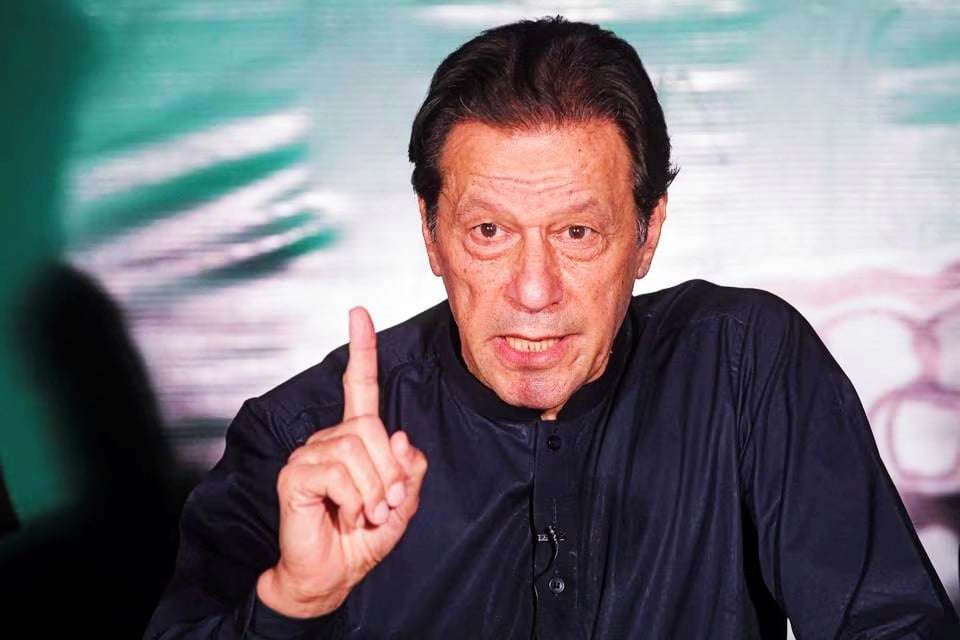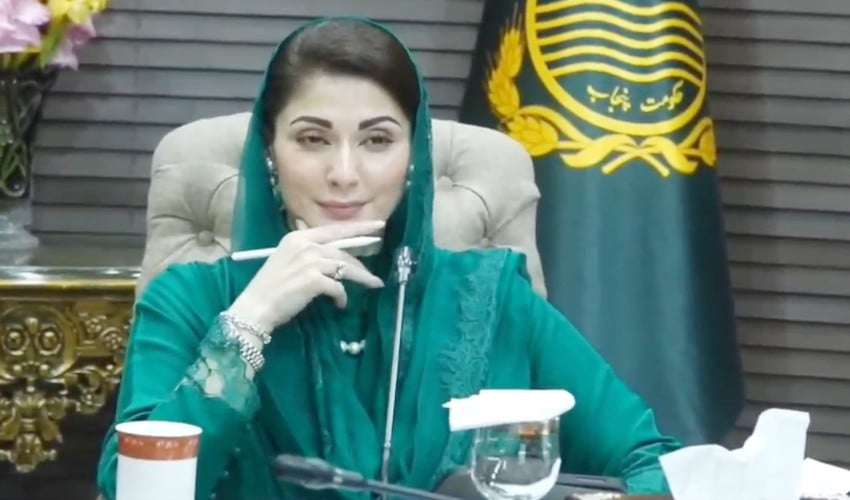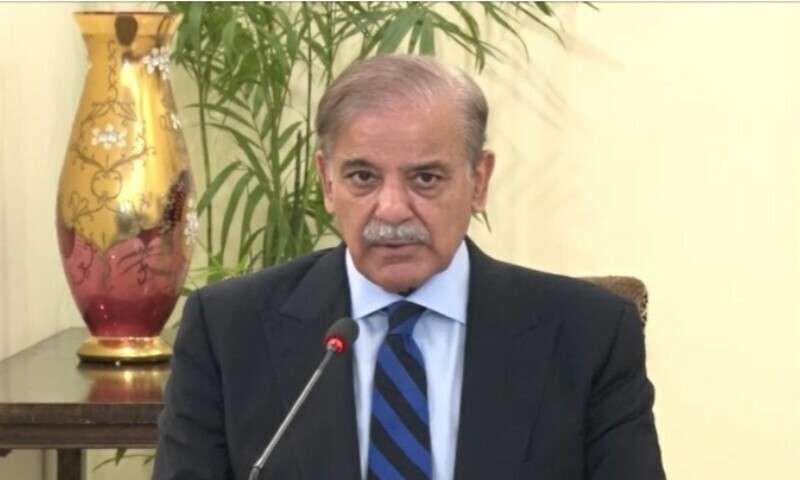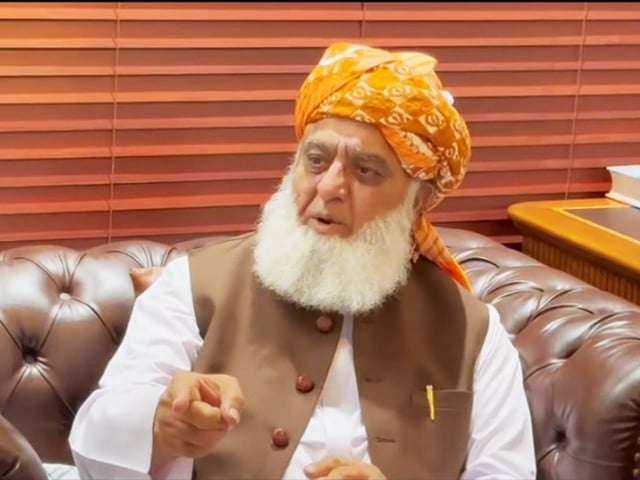Overview of Imran Khan’s Indictment in the May 9 GHQ Attack Case
On Thursday, December 5, 2024, former Prime Minister of Pakistan, Imran Khan, along with numerous leaders from his political party, Pakistan Tehreek-e-Insaf (PTI), was formally indicted in connection with the violent attack on Pakistan’s General Headquarters (GHQ) on May 9, 2023. This incident occurred amidst widespread protests and riots following Khan’s arrest, an event that sent shockwaves throughout Pakistan. An Anti-Terrorism Court (ATC) in Rawalpindi took the crucial step of issuing charges against Khan and over 100 other individuals in a case that continues to capture national attention.
The May 9 Attack and Its Aftermath
The May 9, 2023, protests, which led to the storming of the GHQ, marked one of the most turbulent days in Pakistan’s political history. The violence erupted after the controversial arrest of Imran Khan, a move that sparked immediate outrage among his supporters. Protests turned into riots, with several incidents of vandalism, including attacks on military installations, government buildings, and key offices. The GHQ was one of the most significant targets during the day of unrest, with rioters breaking into sensitive areas and causing severe property damage.
Following the violent events, the government decided to take legal action against the perpetrators, leading to the indictment of Imran Khan and several other political figures. Khan’s arrest and the subsequent turmoil had both political and legal repercussions, with charges being framed against a large number of PTI leaders, including key members of the opposition and close allies of the former Prime Minister.
The Role of the Anti-Terrorism Court (ATC)
The Anti-Terrorism Court (ATC) in Rawalpindi was tasked with investigating the May 9 GHQ attack. The court held its proceedings at the makeshift setup inside Adiala Jail, where a significant number of accused individuals were brought in for hearings. The case saw the indictment of more than 100 individuals, including several high-profile PTI leaders such as Sheikh Rashid, Omar Ayub, Zartaj Gul, and Raja Basharat. These individuals were charged with orchestrating or participating in the attack on the GHQ.
Imran Khan, as the former Prime Minister and leader of PTI, has faced the brunt of legal actions against the party’s leadership following the violent protests. The ATC Judge, Amjad Ali Shah, presided over the hearing and formally charged the accused individuals in what has become a highly publicized and politically sensitive case.
H2: Specific Charges and Allegations Against Imran Khan and PTI Leaders
The charges brought against Imran Khan and his associates in connection with the May 9 attack are severe and cover a range of criminal activities, including terrorism and acts of violence against the military. According to the official report obtained by Express News, the accusations include:
- Terrorist Acts: The accused are alleged to have led or participated in attacks on military installations, particularly the GHQ, which houses sensitive military information and operations.
- Vandalism and Destruction of Property: Reports suggest that the rioters caused extensive damage to government and military property, breaking into various offices and setting them on fire.
- Conspiracy and Instigation: The case also revolves around the claim that PTI leadership, including Imran Khan, instigated the violence as part of a broader political agenda.
- Disruption and Targeting Military Personnel: Chants that targeted the reputation of the military, such as “No Pakistan without Khan” and “Behind this terrorism is the uniform,” were reportedly raised by the rioters.
The involvement of Imran Khan and other senior PTI figures has been cited as a key factor in escalating the violence, leading to further legal actions. As of now, the case has unfolded in a series of hearings, with the court deciding to adjourn the matter until December 10, 2024, giving time for further investigations and legal proceedings.
H3: Political Implications of the Indictment
The indictment of Imran Khan and his allies in the May 9 attack case has significant political implications. Khan, who has maintained his influence over a large segment of Pakistan’s population, faces mounting challenges as the legal system moves forward with charges. The arrest and indictment of PTI leaders, including prominent opposition figures like Omar Ayub and Raja Basharat, highlight the contentious political environment in Pakistan, where political rivalry has frequently led to confrontational actions.
The legal battles of PTI leaders, particularly Imran Khan, are shaping public opinion and fueling political debates. Some view the legal actions against Khan and his party as politically motivated, while others argue that it is a necessary step to hold those responsible for violent protests accountable.
Arrests and Legal Actions Against PTI Leaders
Following the indictment, several PTI leaders were arrested, including opposition leader Omar Ayub and former Provincial Law Minister Raja Basharat. Both were taken into custody immediately after the court proceedings, signaling a tough approach by the authorities to address the May 9 attack.
In addition to these arrests, the ATC has issued warrants for the arrest of other PTI leaders, including:
- Ali Amin Gandapur (Khyber Pakhtunkhwa Chief Minister)
- Shibli Faraz (Senior PTI leader)
- Shireen Mazari (Former Human Rights Minister)
- Zain Qureshi (Son of former foreign minister Shah Mehmood Qureshi)
- Taiba Raja (Political figure and PTI member)
The arrests of high-ranking PTI leaders signal the government’s commitment to pursuing justice in the case, as well as its intention to quell any further unrest that may arise from the situation.
Investigation and Further Proceedings
The investigation into the GHQ attack case is still ongoing. As per the court’s instructions, former Foreign Minister Shah Mehmood Qureshi, who was imprisoned in Lahore Jail, is also required to appear before the ATC. Additionally, arrest warrants have been issued for 45 individuals who have absconded, with the court warning that they would be declared fugitives if they failed to appear.
According to the investigation report, the attack on the GHQ was planned under the leadership of Raja Basharat, who is accused of orchestrating the breach of the military compound. The rioters allegedly ignored military warnings and engaged in criminal activities, including setting fires and throwing petrol bombs. The report also suggests that the protestors engaged in chants that were anti-military, which worsened the situation.
Public Reaction and Media Coverage
The events surrounding the May 9 GHQ attack have garnered significant media coverage and public attention. Many Pakistanis are closely following the developments of the case, with some expressing their support for Imran Khan, while others back the government’s position on holding those responsible accountable. The role of the media in covering this case has been crucial in shaping public perceptions and influencing the discourse surrounding the attacks.
Legal and Political Consequences for Imran Khan
For Imran Khan, the indictment and the ongoing court proceedings represent a pivotal moment in his political career. As the founder and leader of PTI, Khan’s political future depends largely on the outcome of these legal challenges. His supporters view him as a victim of political persecution, while his critics see him as responsible for the violence that unfolded on May 9. The final verdict in this case could have far-reaching consequences for his political standing and the future of PTI.
FAQs
1. What were the key charges against Imran Khan and other PTI leaders?
Imran Khan and other PTI leaders have been charged with terrorism, vandalism, and instigating violence during the May 9 attack on the GHQ. They are also accused of conspiring to disrupt Pakistan’s political order and damaging military property.
2. Why was the GHQ attacked on May 9, 2023?
The GHQ was attacked during widespread protests that followed the arrest of Imran Khan. His supporters, angered by the arrest, stormed the military compound and caused significant damage.
3. How did the court respond to the GHQ attack case?
The Anti-Terrorism Court indicted Imran Khan and over 100 PTI leaders for their alleged involvement in the attack. Arrest warrants were issued, and several individuals were taken into custody.
4. What political impact will this case have on Imran Khan?
The case has significant political implications for Imran Khan, with many viewing it as a test of his political influence and leadership. The outcome of the case could shape the future of his party, PTI, and his role in Pakistan’s political landscape.
5. What is the next step in the GHQ attack case?
The case has been adjourned until December 10, 2024. Further hearings are expected to take place, and the investigation into the events of May 9 will continue



